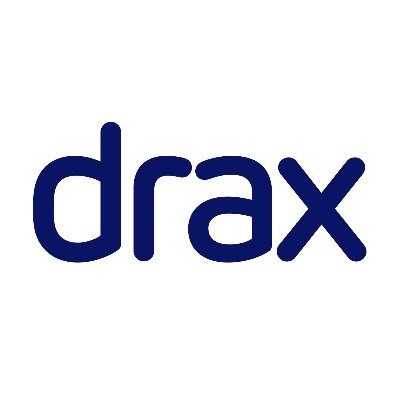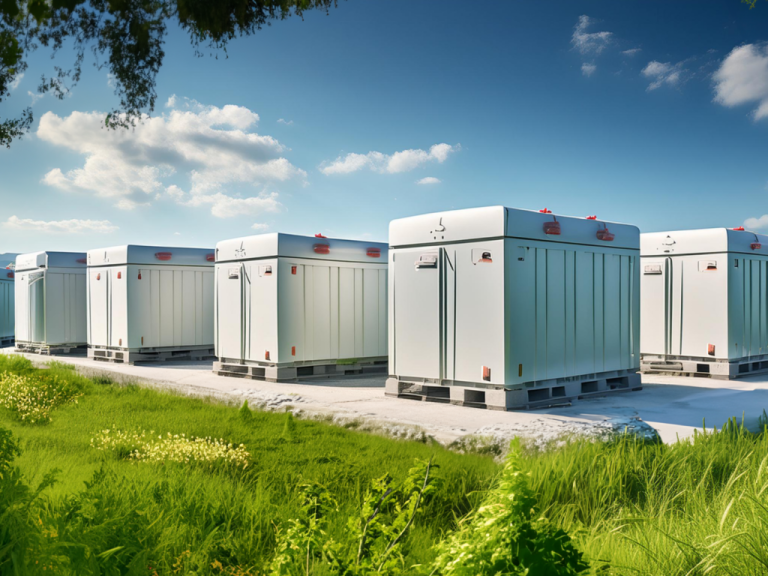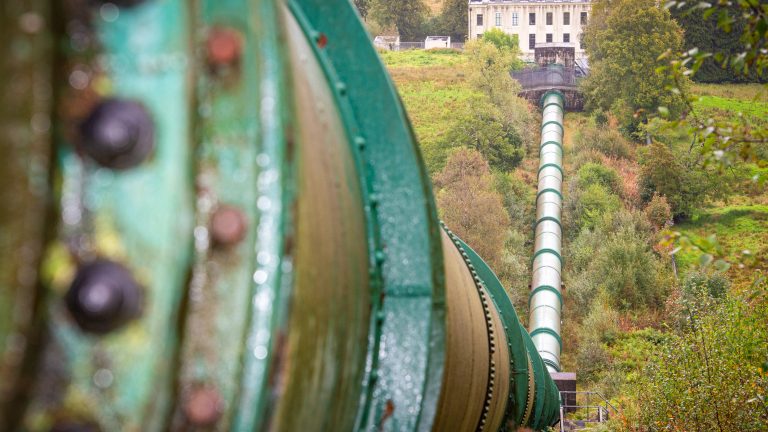In the broader energy transition, biomass rarely leads the headlines. Drax is making a deliberate case for its relevance as a long-term, system-critical asset with underappreciated strategic value.
As grids load up on solar and wind, the need for firm, dispatchable capacity becomes more acute. Drax positions wood pellets as a stabiliser for them. Their model centres on high-density, low-moisture pellets sourced from forest by-products, materials that would otherwise hold little value, from small, malformed trees to sawmill residues.
In contrast to the assumption that biomass depletes forests, they argue it can support growth. Forest inventories in the US South, where Drax sources heavily, have increased over recent decades. According to their narrative, this is partly due to stable demand for low-grade wood, which gives landowners a reason to keep forests intact rather than convert land to other uses.
There is also a local economic thread running through the argument. Pellet production anchors jobs in manufacturing, transport, and forestry, typically in rural regions where alternative industries are thin. For private landowners, it creates a revenue stream from underperforming land, reinforcing stewardship incentives.
Drax Group plc (LON:DRX), trading as Drax, is a power generation business. The principal downstream enterprises are based in the UK and include Drax Power Limited, which runs the biomass fuelled Drax power station, near Selby in North Yorkshire.







































